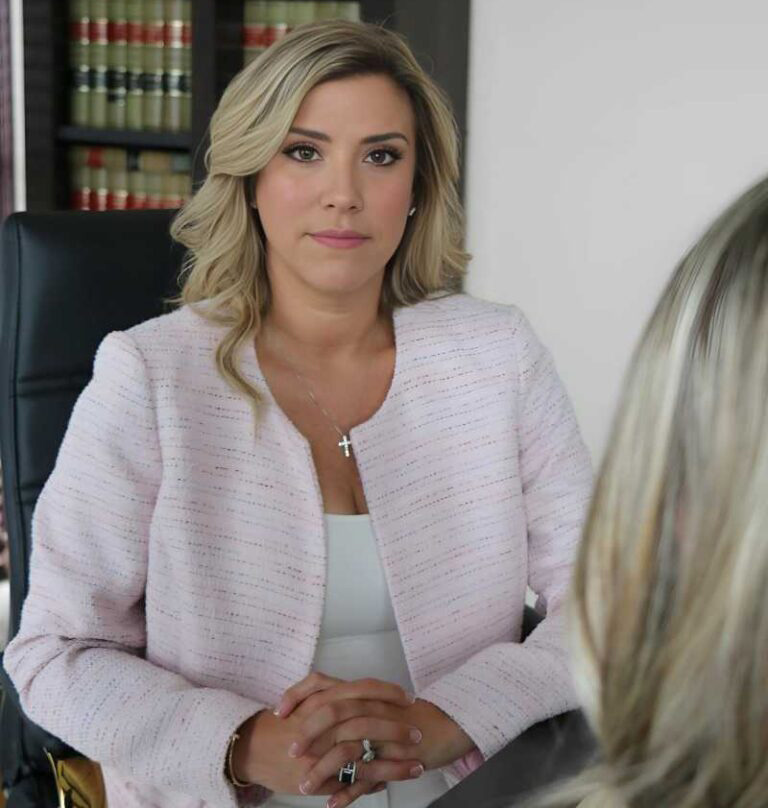Frequently Asked Questions –Personal Injury & Immigration

Personal Injury FAQs
Do I have to pay upfront for a personal injury case?
No. You pay nothing upfront. We work on a contingency fee, which means we only get paid when we win at the end of your case.
How long do I have to file a personal injury claim in Florida?
You generally have 2 years from the date of the injury to file a lawsuit in Florida. Don’t delay evidence disappears and deadlines matter.
What should I do right after an accident?
Seek medical attention first. Then, call us before you speak to insurance adjusters. We’ll protect your rights and start building your case right away.
What types of compensation can I receive?
You may be entitled to compensation for medical bills, lost wages, pain and suffering, future care, and property damage.
What if I was partially at fault?
You may still recover damages under Florida’s comparative fault rules—as long as you are not more than 50% at fault.
How much is my injury case worth?
Every case is unique. We evaluate medical costs, lost income, future needs, and how your injury impacts your life. We’ve recovered millions for thousands of clients.
What if I don’t have health insurance?
We work with doctors who may treat you now and get paid later—so you’re not left without medical care.
I slipped and fell at a store can I sue?
Yes, if the property owner failed to fix or warn of a dangerous condition (wet floor, broken tile, poor lighting). We must prove they knew or should have known of the hazard.
What if there were no witnesses to my fall?
Surveillance footage, accident reports, and medical records can still help us prove your case. We investigate thoroughly even if no one saw you fall.
What does “negligent security” mean?
Property owners must keep you safe. If you were assaulted or harmed due to lack of security, broken locks, or poor lighting, you may have a claim.
Immigration FAQs
Can I apply for bond if I’m in ICE custody?
It depends. Some people qualify for bond; others are subject to mandatory detention. We will evaluate and fight for your release if eligible.
I entered without inspection—can I still apply for legal status?
Possibly. You may qualify through Cuban Adjustment, asylum, U visa, VAWA, or family-based adjustment with a waiver.
What if I missed my immigration court date?
You may face a removal order. However, we can file a motion to reopen if you missed it due to mistake, emergency, or lack of notice.
How does the asylum process work?
You must file within one year of arriving in the U.S., unless an exception applies. Then you’ll be scheduled for an interview or a court hearing if you’re in removal proceedings.
What happens at an immigration court hearing?
Your first hearing (Master Calendar Hearing) is usually brief. You enter pleadings and discuss next steps. Later hearings may include testimony and evidence. We appear with you at every step.
What is the difference between asylum, withholding of removal, and CAT protection?
All three are forms of protection from deportation. Asylum offers a path to a green card. Withholding and CAT are more limited but still protect against return to danger.
Will applying for asylum get me a work permit?
Yes, if your application has been pending for 150 days (and no delays are caused by you), you can apply for a work permit under asylum-pending status.
What if DHS terminated my case—can I still apply for benefits?
Yes. We can help you apply directly with USCIS if eligible. However, DHS may refile an NTA, so strategic timing is critical.
How do I know if I’m eligible for TPS, VAWA, or a U Visa?
These programs depend on your country, your history, and whether you’ve been a victim of violence or trafficking. We evaluate eligibility in every consultation.
Are you bilingual? Will I understand everything happening in my case?
Yes. We are fully bilingual and committed to making sure you understand your rights, options, and next steps—whether in English or Spanish.
